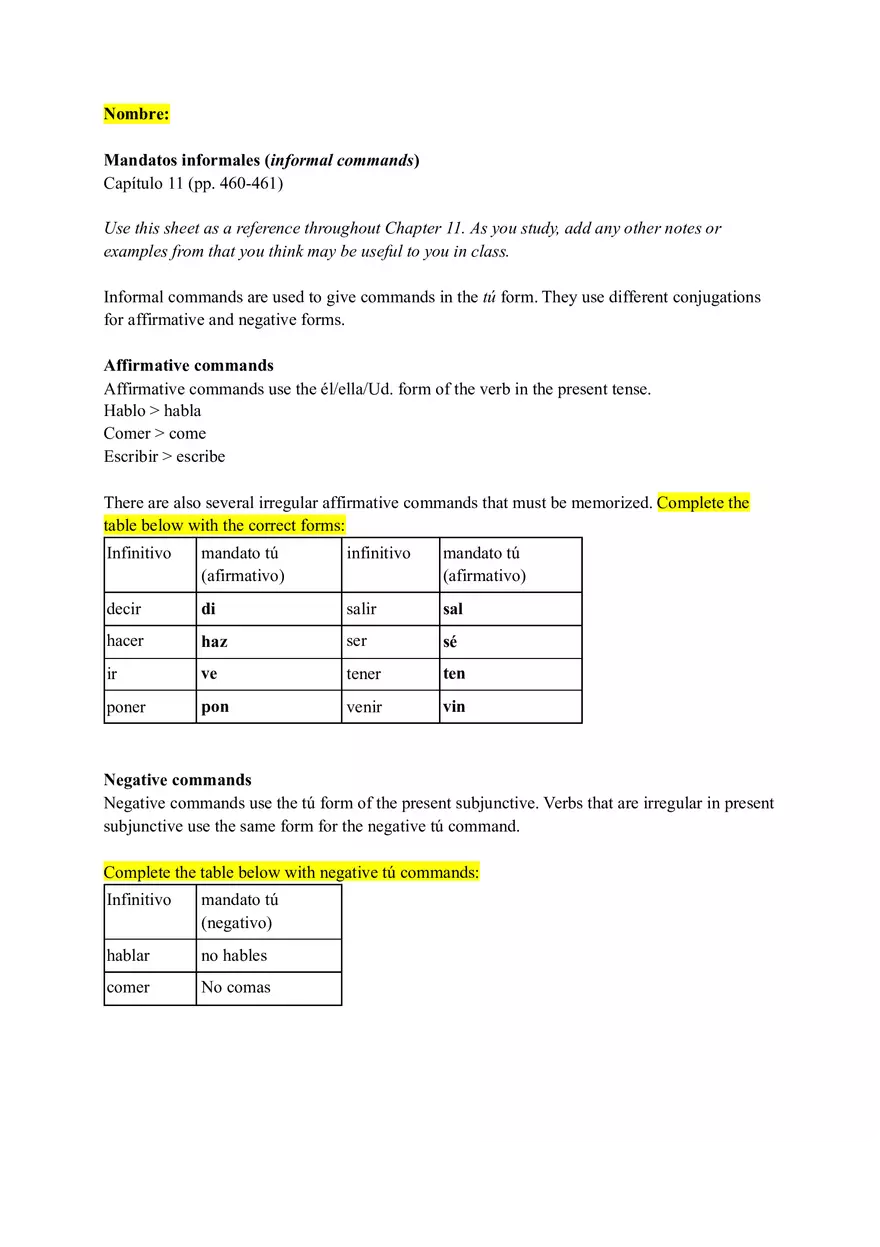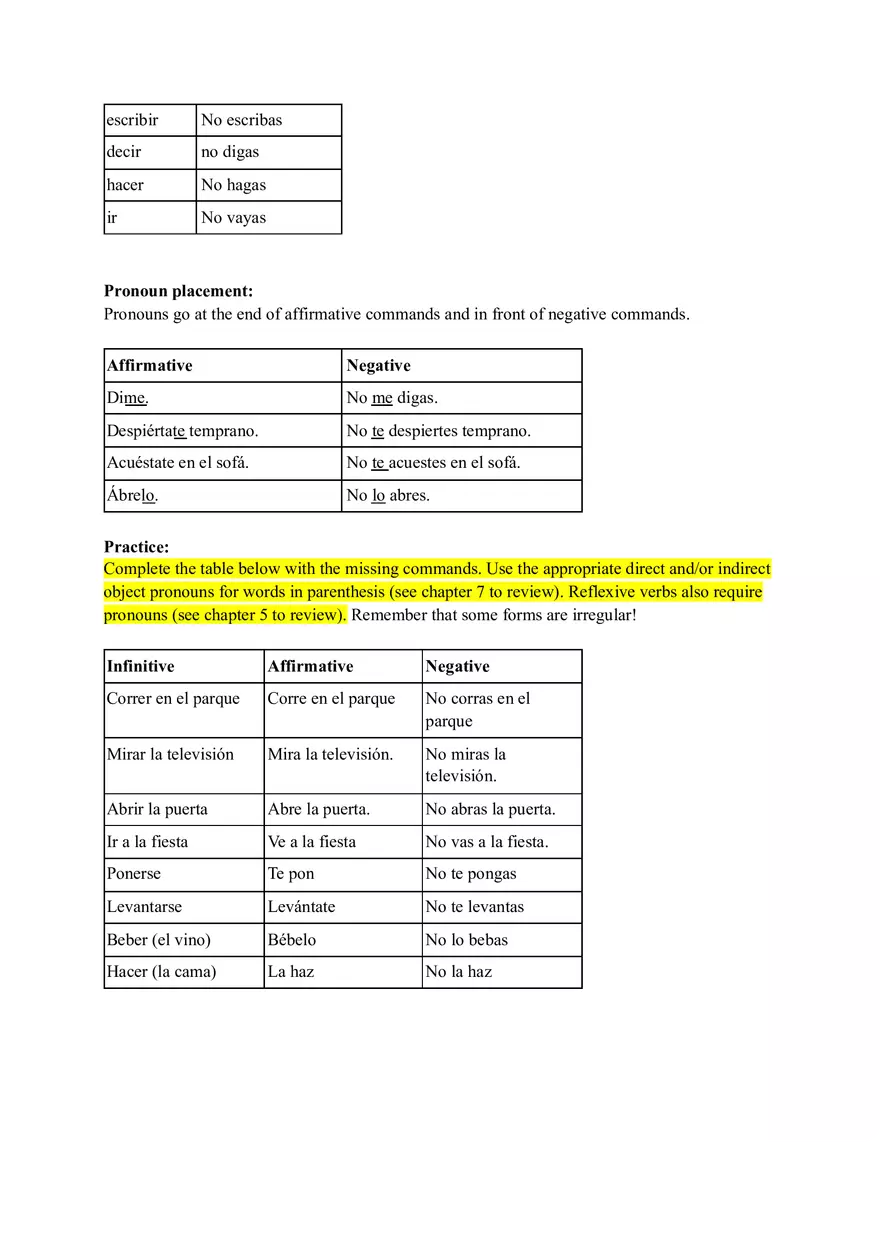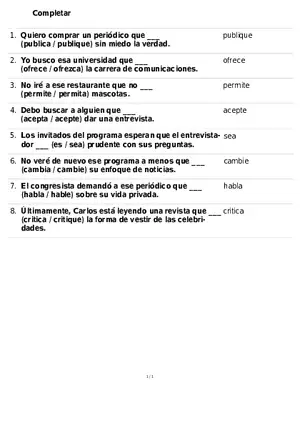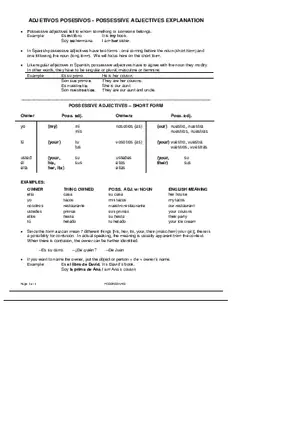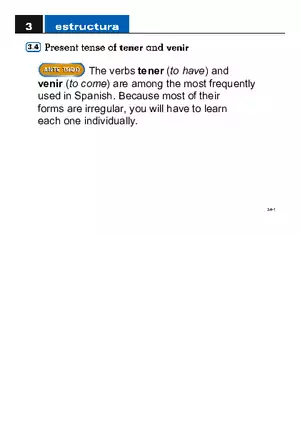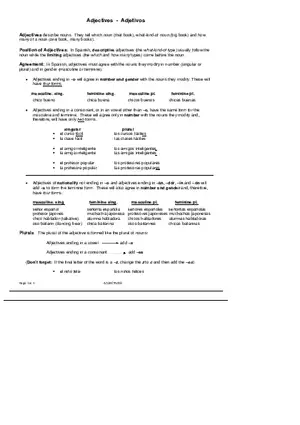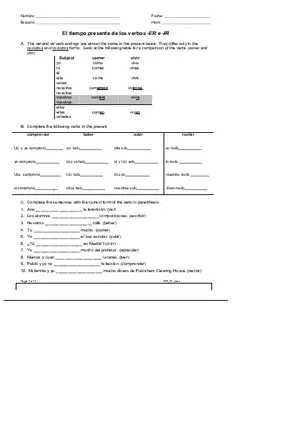Study Guide
Mandatos Informales (Informal Commands)
-
University:
Eastern Kentucky University -
Course:
SPA 102 | Conversational Spanish II Academic year:
2022
-
Views:
192
Pages:
3
Author:
sonalhava9qv
Related Documents
Report
Tell us what’s wrong with it:
Thanks, got it!
We will moderate it soon!
Report
Tell us what’s wrong with it:
Free up your schedule!
Our EduBirdie Experts Are Here for You 24/7! Just fill out a form and let us know how we can assist you.
Take 5 seconds to unlock
Enter your email below and get instant access to your document
